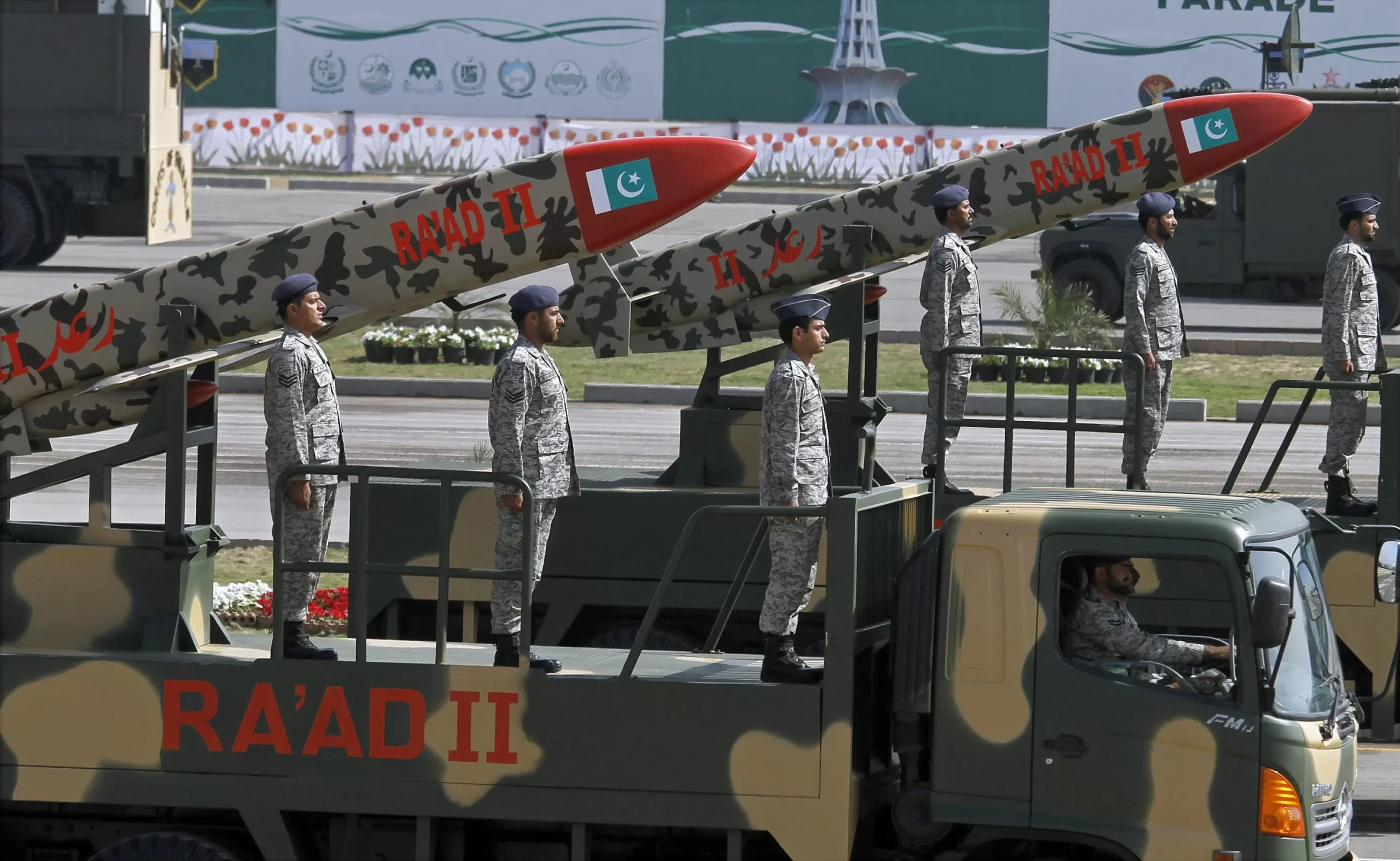A senior White House official has made claims that have sparked concerns among countries around the world. According to the official, Pakistan, a nation armed with nuclear weapons, has been making significant advancements in its long-range ballistic missile program. This development could potentially grant Pakistan the capability to strike far beyond its borders, which could have serious implications for global security. The official’s statements have reignited the debate on the dangers of nuclear proliferation and the need for international cooperation.
Pakistan, a country that has a long history of conflict with its neighbor India, has been investing in its defense capabilities for decades. As a result, it has successfully developed nuclear weapons, making it the only Muslim country with this capability. However, the latest claims made by the senior White House official have raised concerns about Pakistan’s ambitions to further strengthen its military might. The official has stated that the country has been testing new missiles, which have the potential to carry nuclear warheads and can reach up to 2500 kilometers. Such developments could significantly increase Pakistan’s offensive capabilities and disturb the delicate balance of power in the region.
This alarming news has attracted the attention of the international community, with many countries expressing their concerns over Pakistan’s military advancements. The United States, India, and other neighboring countries have called for transparency and openness from Pakistan regarding its missile testing programs. They have also urged Pakistan to adhere to its international obligations and commitments towards nuclear non-proliferation. The world is closely watching how Pakistan responds to these concerns and whether or not it will take concrete steps to address them.
Meanwhile, Pakistani officials have responded to these claims by stating that their missile program is solely for defensive purposes. They argue that it is necessary for Pakistan to maintain a strong deterrent against its hostile neighbor, India, which has also been investing heavily in its military capabilities. Pakistan has also reiterated its commitment to maintaining a minimum credible deterrence and its strict adherence to all international regulations and agreements related to nuclear weapons.
Despite these assurances, the statements made by the White House official have raised valid concerns about the stability of global security. With the current political climate and increasing tensions between major powers, this development could significantly alter the balance of power and have serious consequences. It is crucial that all nations, especially those armed with nuclear weapons, act responsibly and work towards de-escalating tensions rather than adding fuel to the fire.
Furthermore, this situation highlights the urgent need for international cooperation and dialogue to address issues related to nuclear proliferation. All countries must come together and work towards ensuring a safer and more secure world. Dialogue and diplomacy are the only means to resolve conflicts and prevent the dangerous and destructive consequences of a nuclear arms race. It is time for all nations to put their differences aside and work towards a common goal of maintaining global peace and stability.
In conclusion, the claims made by the senior White House official about Pakistan advancing its long-range ballistic missile program are concerning and have raised valid concerns. It is essential that Pakistan remains transparent and accountable for its actions and adheres to its international commitments. At the same time, the international community must also come together and work towards de-escalating tensions and promoting dialogue and cooperation. Only through mutual understanding and collaboration can we achieve a safer and more secure world. Let us all strive towards a future where nuclear weapons are no longer a threat, and global peace and stability are ensured for generations to come.





![Complete BritRail Pass Guide [Types, How to Use It, Pros + Cons]](https://inside-news.uk/wp-content/uploads/2025/06/00221EB4-BCA2-4DBB-6CD4-83DBC37D71FA-120x86.webp)
















